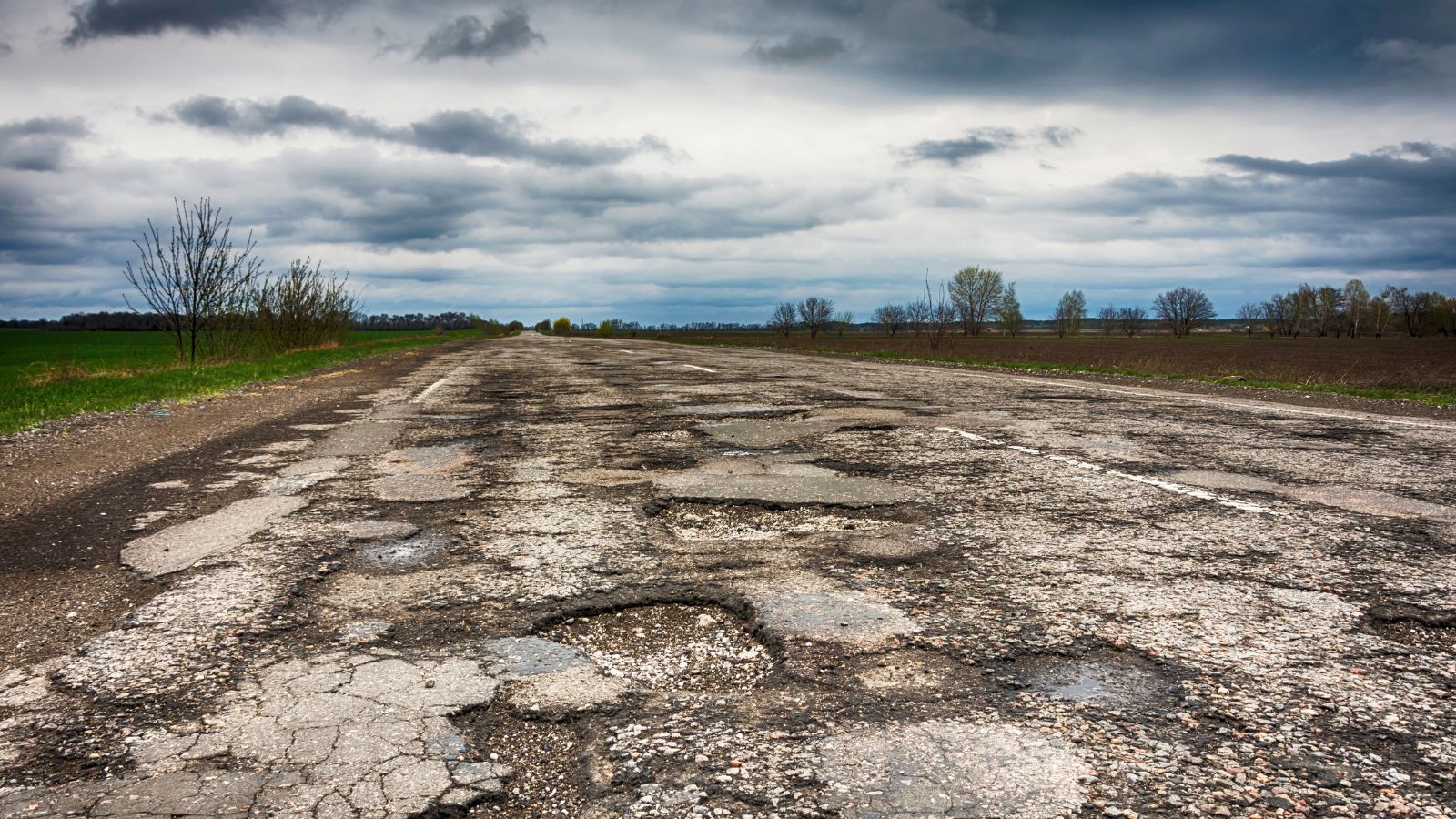In recent years, there has been growing concern that the UK is slipping behind other countries in several critical areas. While it remains a significant player, there are clear signs that other nations are pulling ahead, leaving the UK with some catching up to do. Let’s explore 19 key areas where the UK seems to be falling behind.
Public Transport Struggles

“Millions of people across the UK are cut off from work, education, healthcare, food shopping, or leisure by our unfair transport system,” reports Greenpeace. In cities like London, the Underground and bus networks are heavily used but are often overcrowded, delayed, and expensive. Meanwhile, countries like Germany and Japan boast efficient, high-speed rail networks that are reliable and more affordable.
Slow Internet Speeds

While other countries, particularly in Asia and parts of Europe, have raced ahead with ultra-fast internet speeds, the UK lags behind with its digital infrastructure. Fibre-optic broadband has been rolled out at a slower pace compared to countries like South Korea and Japan, where gigabit speeds are becoming the norm.
Education System Under Strain

The UK’s education system has long been a point of pride, but in recent years, it has faced significant challenges thanks to funding cuts, large class sizes, and a shortage of teachers, which have strained schools and universities. Meanwhile, countries like Finland and Singapore continue to innovate in education, investing heavily in teacher training and student well-being.
Healthcare Under Pressure

Often described as the jewel in the crown of the UK’s public services, the NHS has nevertheless been under increasing pressure. With long waiting times for appointments, overcrowded hospitals, and staff shortages, the UK’s healthcare system is struggling to meet the needs of its population.
Environmental Policy Gaps

The UK has made strides in environmental policy, but it’s still lagging behind in some areas compared to other European nations. While countries like Denmark and Norway lead the way in renewable energy adoption and electric vehicle usage, the UK has been slower in phasing out fossil fuels and supporting green technologies.
Declining Manufacturing Industry

Once a powerhouse of manufacturing, the United Kingdom, over the decades, has seen this sector decline significantly. Countries like Germany and China have continued to invest in and grow their manufacturing industries, leading the world in production and innovation.
Stagnant Wages

Wage growth in Britain has been sluggish over the past decade, leaving many workers feeling the pinch. Other countries have seen wages rise alongside productivity, but in the UK, wages have remained largely stagnant, failing to keep up with the cost of living.
Rising Inequality

Economic inequality in the UK is on the rise, with a widening gap between the richest and the poorest. Nations, such as the Scandinavian countries, have implemented policies promoting a more equal wealth distribution and better social mobility. The UK, on the other hand, has seen cuts to welfare and social services.
Innovation and Research Funding Cuts

With a strong history of innovation, the UK has now seen recent cuts to research and development funding, which are putting its future at risk. Countries like South Korea and Israel are investing heavily in R&D, promoting innovation and driving economic growth.
Housing Crisis

Grappling with a severe housing crisis, the UK market is characterised by high prices, limited availability, and a lack of affordable options. In contrast, countries like the Netherlands and Germany have managed to implement housing policies that ensure more affordable and accessible housing for their citizens.
Digital Skills Gap

As the world becomes more digitised, having a workforce equipped with digital skills is crucial. However, Britain is facing a significant digital skills gap, with many workers lacking the necessary training to compete in a tech-driven global economy. Countries like Estonia and Singapore have prioritised digital education, ensuring their populations are well-prepared for the future.
Infrastructure Investment Lag

Infrastructure is the backbone of any economy. But, the UK has been slow to invest in upgrading its roads, railways, and public buildings. In contrast, countries like China and the United States are pouring resources into infrastructure projects, improving their connectivity and economic potential.
Energy Security Concerns

Countries like Norway and the United States have focused on energy independence, investing in domestic energy production and renewable sources. The United Kingdom’s slower progress in this area has raised concerns about its long-term energy security. The UK’s reliance on imported energy, particularly from Europe, has left it vulnerable to supply disruptions.
Ageing Population Challenges

The UK, like many developed nations, is facing the challenges of an ageing population. However, it has been slower to adapt than other countries, which have implemented comprehensive policies to support their older citizens. The UK’s social care system is under strain, with insufficient funding and resources.
Struggles with Social Integration

While it has a diverse population, Britain has faced challenges with social integration. Yet, Canada and Australia, for example, have successfully managed multicultural societies through inclusive policies and strong social cohesion. The UK, however, has struggled with issues of segregation and rising tensions.
Higher Education Funding Issues

The higher education system in this country has traditionally been one of the best in the world, but it’s now facing significant funding challenges, and tuition fees have risen sharply. This is making university education increasingly unaffordable for many students, in contrast to low-cost higher education in Europe.
Declining Global Influence

Historically being a major player on the global stage, the United Kingdom’s influence appears to be waning, compared to the rise of other powers, such as China and India, which has shifted the global balance. The UK’s role in international affairs has become less prominent.
Less Public Trust in Institutions

Public trust in institutions—such as the government, media, and financial systems—has been declining in the UK. This trend is not unique to the UK, but it is more pronounced compared to countries like Germany and Canada, where trust in public institutions remains relatively high.
Slow Adoption of Renewable Energy

One final point to mention is that while Britain has made some progress in adopting renewable energy, it still lags behind other countries in terms of overall usage and investment. Other nations are leading the way in wind and solar power, with a significant portion of their energy coming from renewable sources.







